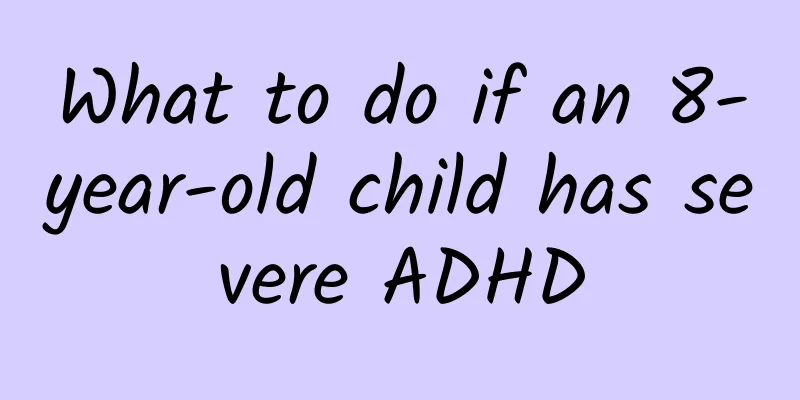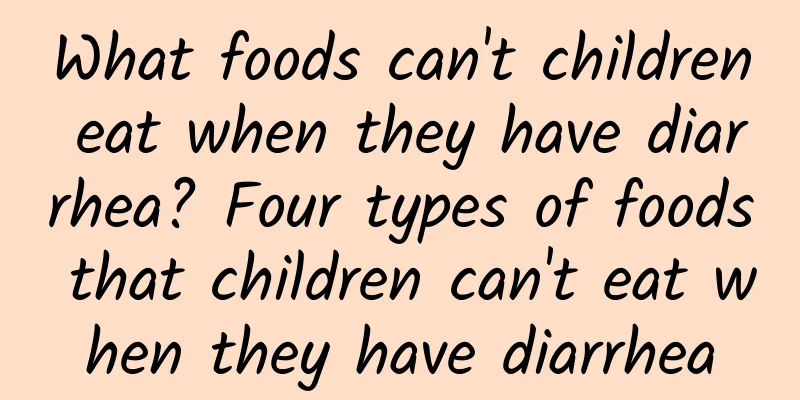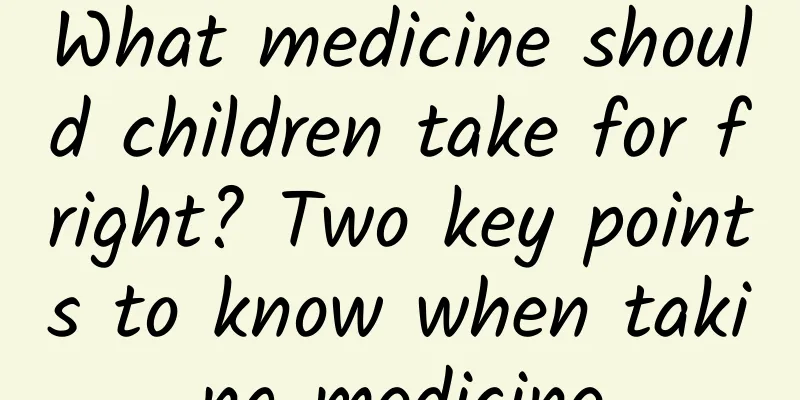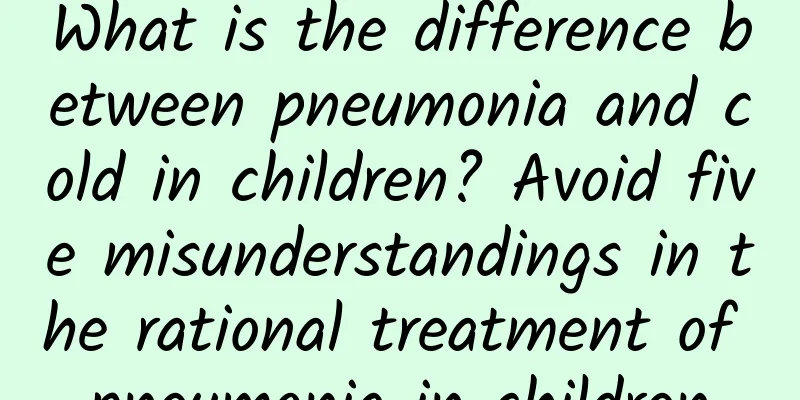What causes hernia in children? What are the dangers of hernia in children?
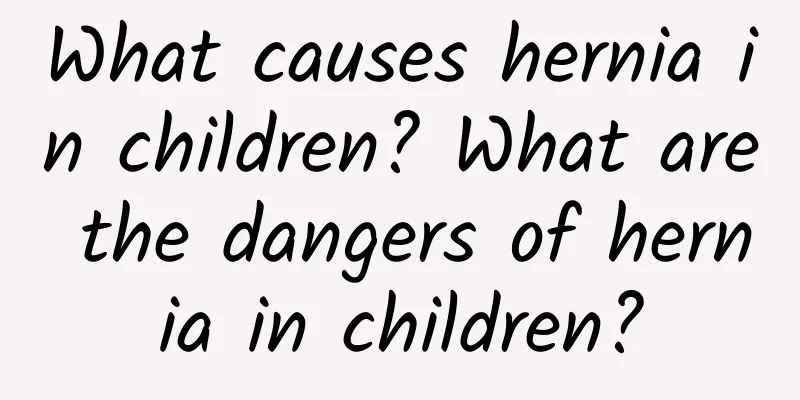
|
Because the abdominal wall of children is not strong and the umbilical ring has not yet closed, hernia is more likely to occur when the abdominal pressure increases. For example, children cry too hard for a long time, they strain too much to defecate due to constipation, and they cough violently for a long time, which may cause hernia in children. Hernia in children is also a relatively common disease. After the disease occurs, some lumps will appear in the groin or navel of the child. These lumps will increase when the child cries or stands. If the child lies down or stops crying, these lumps will disappear. So, what causes hernia in children? What are the harms to the body? 1. Causes of hernia in children 1. Weak abdominal wall Some premature babies and low-birth-weight babies are more likely to develop inguinal hernias, mainly because their bodies are not fully developed and their abdominal walls are not strong enough. If the abdominal pressure increases, the possibility of hernia will be greater. 2. The umbilical ring is not closed Because the umbilical ring of a child will close after one year old, there is a gap in the umbilical ring within one year old, and it is relatively weak. If there is an increase in abdominal pressure during this period, umbilical hernia will occur in children. 3. Excessive crying Some children have a bad temper. Once they start crying, they not only cry for a long time but also with great force. This will cause increased abdominal pressure, and symptoms of pediatric hernia may appear at this time. 4. Constipation If a child has constipation problems and exerts excessive force during defecation, it will cause increased abdominal pressure and may also lead to the occurrence of umbilical hernia in the child. 5. Long-term severe cough Long-term severe coughing can also cause increased abdominal pressure, which can easily induce the occurrence of umbilical hernia in children. 2. The hazards of hernia in children 1. Affects the digestive system When a child develops hernia, as the condition worsens, problems such as abdominal distension, abdominal pain, constipation, and poor nutrient absorption may occur, which will lead to a decrease in the body's disease resistance and make it more susceptible to other diseases. 2. Affect testicular development If a child develops an inguinal hernia, the compression of the hernia will affect the normal development of the testicles. In severe cases, not only will the child suffer from sexual dysfunction when he grows up, but he may even become infertile. 3. Hernia incarceration If children with hernia are not treated promptly, the condition will worsen, or the affected area will be squeezed or collided, causing inflammatory swelling, which may lead to hernia incarceration. In severe cases, dangerous situations such as intestinal obstruction and intestinal necrosis may occur. |
<<: How to treat hernia in children How to care for hernia in children
>>: Symptoms of hernia in children How to treat hernia in children
Recommend
Can mumps be cured?
Mumps is a very common disease in life. Many mump...
What medicine should I take for jaundice in newborns?
When a newborn baby has jaundice, it is usually n...
How to effectively prevent pneumonia and how to properly care for children with pneumonia?
The main symptoms of pneumonia include fever, cou...
How to care for bronchial pneumonia? What are the symptoms of bronchial pneumonia in three-month-old babies?
What are the symptoms of bronchial pneumonia in t...
How to distinguish between wheezing and breathing in children? What are the causes of wheezing and breathing in children?
The difference between wheezing and breathing in ...
Principles of treatment for heart failure caused by pneumonia in children
When children develop pneumonia and heart failure...
First check for Hirschsprung's disease
Congenital Hirschsprung's disease requires a ...
Which department should children with mumps go to?
Children with mumps usually need to go to the ped...
How to relieve diarrhea in infants and young children
Infants and young children have relatively weak c...
What to do if there is a lack of nutrition and metabolism? How to prevent a lack of nutrition and metabolism
Prevention of nutritional metabolic deficiencies ...
What are the symptoms of polio?
The sequelae of polio is one of the disabling dis...
Four major hazards of phenylketonuria to the human body
Phenylketonuria is a disease that is very harmful...
Diagnostic criteria for severe malnutrition
Malnutrition occurs in children, mostly due to im...
Regular examination methods for pneumonia in children
Diseases such as neonatal pneumonia may endanger ...
How many days does it take for medication to take effect for children with pneumonia virus infection
If your child has viral pneumonia, there is gener...

